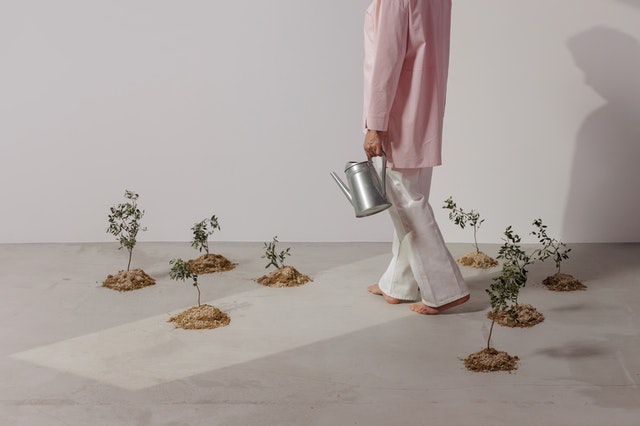Caring For Your Plants

Caring for your plants is not as easy as it may sound. You have to learn a lot about the physiology and habits of your plants in order to know which are suitable for your climate and which one to avoid. One of the most common mistakes gardeners make when caring for their plants is overwatering. While both conditions are potentially damaging to your plants’ health, overwatering can be more problematic because the roots absorb water from the soil. It’s vital to dry out your plantings every few weeks in order to prevent damage from the weather.
In caring for your plants, one of the most important things you need to know is how often to fertilize your garden. There are three basic times to fertilize your garden: once during the spring, once during the fall, and once during the summer. The best times for fertilization are when the soil is still warm, just before the morning dew has dried on the leaves of all vegetation. If you find that your garden doesn’t get the recommended amounts of fertilizer at any of these times, your best option may be to supplement your fertilizer with a feeder-applied liquid fertilizer. Your local garden center should be able to help you find a fertilizer that will work well in your area.
One thing that you should consider in caring for your plants is whether or not you’re watering them enough. If you find that your plants are thriving without a lot of water, there may be a problem. Some plants, such as fruit trees and some vegetables, require much more water than other plants. Check with an expert about the frequency of watering your plants, or perhaps ask someone who can advise you on the frequency that you’re watering them. You could also save water by frequently pruning your plants.
Another important element in caring for your plants is the amount of light that they receive. Most plants prefer a full to semi-light day, so pay attention to the time of day that you provide them with their sunlight. Sunlight directly on the roots is not good for them, and if you plant your plants too close together it may cause them to dry out. If you are growing a mix of heights in pots and planters, it’s important that you space your plants apart a few inches from each other, for this same reason.
In caring for your plants during the winter months, remember that some insects will lay their eggs on the leaves of your plants. You may find that your snakes are not feeding properly during this time, in which case you may need to apply an insecticidal spray to the leaf surfaces. The best time to make sure that the spray is completely dispersed is in the morning. This spray, called a winter spray, is very effective in eliminating all but the smallest groups of bugs.
To care for your plants in the winter months, you’ll want to take advantage of the fact that they slow down somewhat in their growth. The deadheading you do of your pothos before planting will also help to slow them down slightly, and make them more readily accepted by your soil. Do not deadhead pothos until the soil is warm; however, this does not mean that you should pull all of the live foliage off of your photos. Many gardeners mistakenly believe that pulling the leaves from a plant encourages the growth of more leaves. In fact, if the leafed pothos are not fertilized and kept well watered, they will die of starvation.
Watering is one of the most important elements of caring for your plants, especially in the winter months when they tend to not grow as much. Most perennials will thrive just as well in a moist environment as they do in a dry environment. However, you will need to water your perennial pots just as much as you would in a container that does not have much water in it. For those that are extremely hearty, you may want to water them about twice a week, with a good watering every third or fourth day. Watering in the winter months should be done with a sprinkler system or a hand held water hose, both of which should be emptied of water after you have finished watering your plants.
During the summer months, and especially early in the morning, it is important to water your plants very little, if at all. This is due to the fact that it is during the daytime hours when they are at their most active, and the light source available to plants during the day is much stronger than it is at night. If your plants seem to be getting too much water, and it looks like the soil is becoming too saturated with water, do not water them more. Let your plants stay hydrated for a few days, even up to a week, until they start to return to normal and show signs of a healthy soil structure. Care for your plants properly, and you will reap the rewards by having healthy plants that bloom beautifully all year long.








